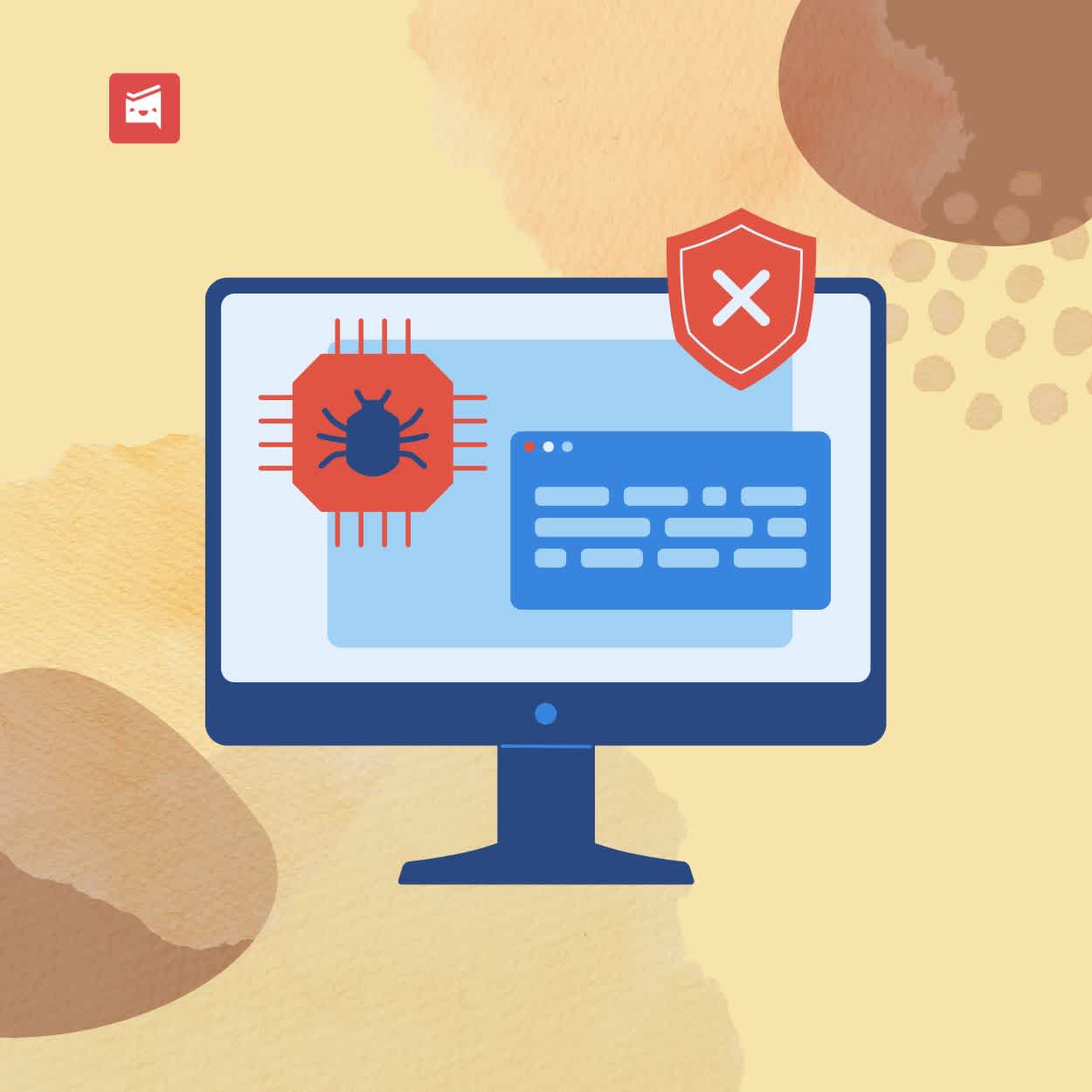How Startups Can Streamline Operations Without Compromising Security
ByJulian Gette
Workast publisher

Workast publisher
In today's fast-paced digital era, start-ups face a challenge. How can they streamline operations to remain agile and competitive while ensuring robust security measures? This blog post unravels this paradox, providing essential insights for start-ups eager to improve processes without compromising security protocols. Readers will discover practical tips, real-world examples, and cutting-edge strategies catering to the start-up environment.
Start-up success often hinges on efficiency. But what happens when speed overshadows security? A balanced approach ensures that operational gains do not invite vulnerabilities. Start-ups prioritize rapid growth, sometimes leading them to overlook potential security risks. However, even the simple act of using Dashlane's password manager for start-ups can make a massive difference in robust security measures. This intelligent, scalable password management solution is tailored to meet the evolving security needs of growing ventures. Recognizing this balance is crucial for sustainable success.
Security measures can sometimes seem like a roadblock to efficiency. However, integrating these measures into everyday operations can enhance rather than hinder productivity. By viewing security as a part of the operational puzzle, start-ups can create a seamless workflow supporting innovation and safety. The key is to recognize security as a barrier and a facilitator of efficient operations. When implemented correctly, security protocols can streamline workflows by automatically managing and safeguarding sensitive information, freeing up resources for other tasks.
Every start-up is unique, with distinct goals and challenges. Identifying specific needs is the first step toward streamlining operations without compromising security. Analyzing business processes and pinpointing areas that require improvement or safeguarding is essential. By understanding these needs, start-ups can implement targeted solutions.
Customizing security protocols to align with operational goals ensures that security measures support rather than stifle business objectives. This tailored approach can help start-ups avoid the pitfalls of one-size-fits-all solutions that might not cater to their unique environment. Engaging team members in identifying needs fosters a culture of security awareness. When everyone is aware of both operational and security challenges, they can contribute meaningfully to developing practical solutions.
Identifying the right tasks for automation is crucial. Automating data entry, report generation, and customer service can significantly improve efficiency. Security automation tools can monitor networks in real time, identifying threats before they become problems. Choosing the right automation solutions requires careful consideration.
Start-ups should seek tools that integrate seamlessly with existing systems and enhance rather than disrupt workflows. Engaging with providers to understand security features and capabilities is essential. A strategic approach to automation involves setting clear objectives and measuring outcomes. This ensures that automated processes contribute to overall goals and adapt as the start-up evolves.
A culture of security awareness within a start-up is vital for maintaining operations without compromising safety. Regular training sessions should be engaging and use real-world examples to demonstrate potential threats and solutions. Open communication about security concerns fosters an environment where team members feel comfortable reporting potential vulnerabilities. This proactive approach allows start-ups to address issues before they escalate. Recognizing and rewarding security-conscious behavior reinforces the importance of maintaining a secure operating environment. Start-ups can motivate team members to remain vigilant by celebrating successes.
Cloud solutions offer start-ups a means to streamline operations while enhancing security. By migrating to cloud services, start-ups can access scalable resources and advanced security features without significant upfront investments. Cloud providers often offer robust security measures that protect data and applications, including encryption and regular updates. These measures can relieve start-ups of the burden of maintaining on-premises security infrastructure.
Integrating cloud solutions requires a strategic approach. Start-ups should evaluate providers based on security features, compliance with industry standards, and the ability to scale as the business grows. Monitoring and managing cloud environments is crucial. Regular audits and assessments ensure that security protocols remain effective as the business landscape evolves.
Data is the lifeblood of any start-up, and protecting it is paramount. Start-ups must develop comprehensive data protection strategies that align with operational goals. Implementing encryption, access controls, and regular backups are fundamental steps in safeguarding data. These measures ensure that information remains secure while accessible to those who need it.
Understanding data flows within the organization helps identify potential vulnerabilities. Mapping data journeys enables start-ups to implement targeted protections at critical points. By staying vigilant, start-ups can respond quickly to emerging threats and minimize possible damage.
Collaboration is crucial to start-up success, and secure collaboration tools can enhance efficiency without compromising security. Modern tools offer features that support remote work, document sharing, and communication, all while protecting sensitive information. Choosing tools that align with security protocols is essential. Start-ups should seek platforms that provide end-to-end encryption, access controls, and audit trails.
Training employees to use collaboration tools effectively ensures that security features are utilized. This training should emphasize the importance of following best practices when sharing and accessing information. Regularly reviewing collaboration tools ensures they remain effective as the start-up grows. This review process allows start-ups to adapt to changing needs and technological advancements.
Integrating security into the development lifecycle is crucial for start-ups focused on software development. This approach, known as DevSecOps, ensures that security is considered at every stage of development. By embedding security into the development process, start-ups can identify and address vulnerabilities early.
Automating security testing within the development pipeline streamlines processes and ensures consistent security measures. This automation can identify potential issues before they impact end users. Engaging development teams in security training fosters a culture of accountability. When developers understand the importance of security, they are more likely to prioritize it in their work.
A robust incident response plan should outline clear steps for identifying, containing, and resolving incidents while minimizing operational disruption. Regularly testing and updating the incident response plan ensures its effectiveness. Simulated attacks and drills can help identify weaknesses and improve response times.
Engaging a cross-functional team in incident response planning fosters collaboration and ensures all aspects of the organization are considered. This holistic approach enhances the start-up's ability to respond effectively. Documenting and analyzing incidents provides valuable insights for improving security measures. By learning from past events, start-ups can strengthen their defenses and prevent future occurrences.
Start-ups can streamline operations without compromising security by adopting a multifaceted approach. By recognizing the balance between efficiency and security, identifying unique needs, and implementing intelligent automation solutions, start-ups can enhance their operations while safeguarding critical assets.
Building a culture of security awareness, leveraging cloud solutions, and prioritizing data protection further strengthens their position. Integrating security into the development lifecycle, strengthening incident response capabilities, collaborating with security experts, and measuring success all contribute to a secure and efficient start-up environment. With these strategies, start-ups can confidently pursue growth while minimizing risk.

